Unveiling the Benefits: Why Your Cat Deserves High-Quality Wet Food. Cats thrive on a diet rich in moisture, and high-quality wet food provides just that. Packed with essential nutrients, it promotes healthy digestion, prevents dehydration, and supports urinary tract health. Treat your feline friend to the best – they deserve it!
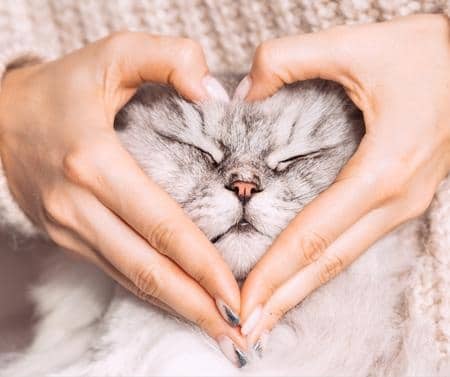
Feline Heart Disease: Hypertrophic Cardiomyopathy Demystified
Introduction: Understanding Feline Heart Disease
Feline heart disease is a common and serious condition that affects cats of all ages and breeds. It refers to a range of disorders that affect the structure and function of the heart. One of the most prevalent forms of feline heart disease is hypertrophic cardiomyopathy (HCM).
HCM is a condition characterized by the thickening of the heart muscle, which can lead to various complications and even sudden death in cats. Understanding the causes, symptoms, diagnosis, treatment options, and preventive measures for feline HCM is crucial for cat owners and veterinarians alike.
What is Hypertrophic Cardiomyopathy (HCM)?
Hypertrophic cardiomyopathy (HCM) is a genetic heart disease that affects the structure and function of the heart muscle in cats. It is characterized by the abnormal thickening of the left ventricle, the main pumping chamber of the heart.
This thickening can obstruct blood flow and impair the heart’s ability to pump effectively. HCM can also cause abnormalities in the heart valves and lead to the development of blood clots, which can be life-threatening.
Prevalence and Risk Factors of Feline HCM
HCM is the most common form of heart disease in cats, affecting approximately 15% of all cats. It can occur in cats of any age, breed, or gender, but certain breeds are more predisposed to developing HCM. These include Maine Coons, Ragdolls, British Shorthairs, Russian Blues, and Sphynx cats.
Male cats are also more commonly affected than females. While the exact cause of HCM is still not fully understood, it is believed to have a strong genetic component. Certain genetic mutations have been identified in specific breeds, making them more susceptible to developing HCM.
Signs and Symptoms of Feline HCM
The signs and symptoms of feline HCM can vary depending on the severity of the disease and the presence of complications. Some cats may show no symptoms at all, while others may exhibit subtle signs such as lethargy, decreased appetite, and weight loss.
As the disease progresses, cats may develop difficulty breathing, coughing, fainting, or even sudden death. It is important for cat owners to be vigilant and seek veterinary attention if they notice any changes in their cat’s behavior or health.
Diagnosing Feline HCM: Tests and Procedures
Diagnosing feline HCM requires a thorough evaluation by a veterinarian. The initial assessment typically involves a physical examination, including listening to the cat’s heart and lungs for any abnormalities.
Additional tests may be necessary to confirm the diagnosis and assess the severity of the disease. These can include blood tests, electrocardiography (ECG), echocardiography (ultrasound of the heart), and occasionally, advanced imaging techniques such as cardiac MRI or CT scans. These tests help determine the thickness of the heart muscle, assess blood flow, and identify any complications.
Treatment Options for Feline HCM
While there is no cure for feline HCM, there are treatment options available to manage the disease and improve the cat’s quality of life. The treatment plan will depend on the severity of the disease, the presence of complications, and the individual cat’s overall health.
Medications are commonly prescribed to manage symptoms, reduce the risk of blood clots, and improve heart function. These may include beta-blockers, calcium channel blockers, and antiplatelet drugs. In some cases, surgical interventions such as removing obstructions or repairing heart valves may be necessary.
Medications for Managing Feline HCM
Medications play a crucial role in managing feline HCM. Beta-blockers, such as atenolol or propranolol, are commonly prescribed to slow the heart rate and reduce the workload on the heart. Calcium channel blockers, such as diltiazem or verapamil, can help relax the heart muscle and improve blood flow.
Antiplatelet drugs, such as clopidogrel, are often prescribed to reduce the risk of blood clots. These medications can help alleviate symptoms, improve heart function, and prolong survival in cats with HCM.
Lifestyle Modifications for Cats with HCM
In addition to medication, lifestyle modifications are essential for cats with HCM. It is important to provide a stress-free environment and minimize physical exertion to reduce the workload on the heart. Regular veterinary check-ups are crucial to monitor the cat’s condition and adjust the treatment plan as needed.
A balanced diet, low in sodium and high in quality protein, can also support heart health. Cat owners should work closely with their veterinarian to develop a tailored management plan that suits their cat’s specific needs.
Potential Complications and Prognosis of Feline HCM
Feline HCM can lead to various complications that can significantly impact a cat’s health and prognosis. These include the development of blood clots, heart failure, arrhythmias, and sudden death. The prognosis for cats with HCM can vary depending on the severity of the disease, the presence of complications, and the response to treatment.
Some cats may live relatively normal lives with appropriate management, while others may experience a more rapid progression of the disease. Regular monitoring and early intervention are crucial to improve outcomes and prolong survival.
Preventive Measures: Reducing the Risk of Feline HCM
While it is not possible to prevent feline HCM entirely, there are measures that cat owners and breeders can take to reduce the risk of the disease. Genetic testing can help identify cats with specific mutations associated with HCM, allowing breeders to make informed decisions when selecting breeding pairs.
Avoiding breeding cats with a known history of HCM or affected close relatives can help reduce the prevalence of the disease. Regular veterinary check-ups and early detection of HCM in cats can also lead to earlier intervention and better outcomes.
Genetic Factors and Breeding Practices in Feline HCM
Genetic factors play a significant role in the development of feline HCM. Certain genetic mutations have been identified in specific breeds, making them more susceptible to the disease. Breeders have a responsibility to prioritize the health and welfare of their cats and should consider genetic testing and responsible breeding practices to reduce the risk of passing on HCM to future generations.
Collaborative efforts between breeders, veterinarians, and genetic researchers are essential to better understand the genetic basis of HCM and develop strategies to minimize its impact.
Conclusion: Living with a Cat Diagnosed with HCM
Living with a cat diagnosed with HCM can be challenging, but with proper management and care, cats can still enjoy a good quality of life. Regular veterinary check-ups, adherence to medication regimens, and lifestyle modifications are crucial for managing the disease and reducing the risk of complications.
Cat owners should be vigilant in monitoring their cat’s health and seek veterinary attention if any changes or concerns arise. With early detection, appropriate treatment, and a supportive environment, cats with HCM can live comfortably and happily for many years.

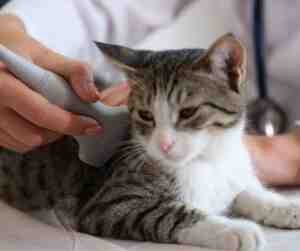
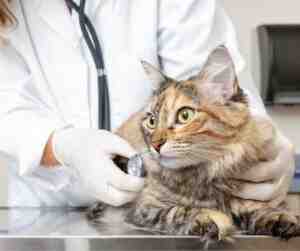
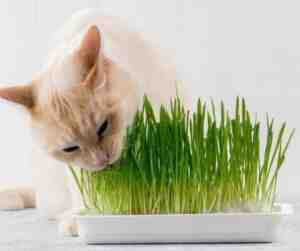
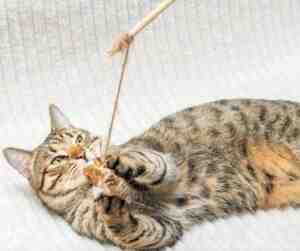
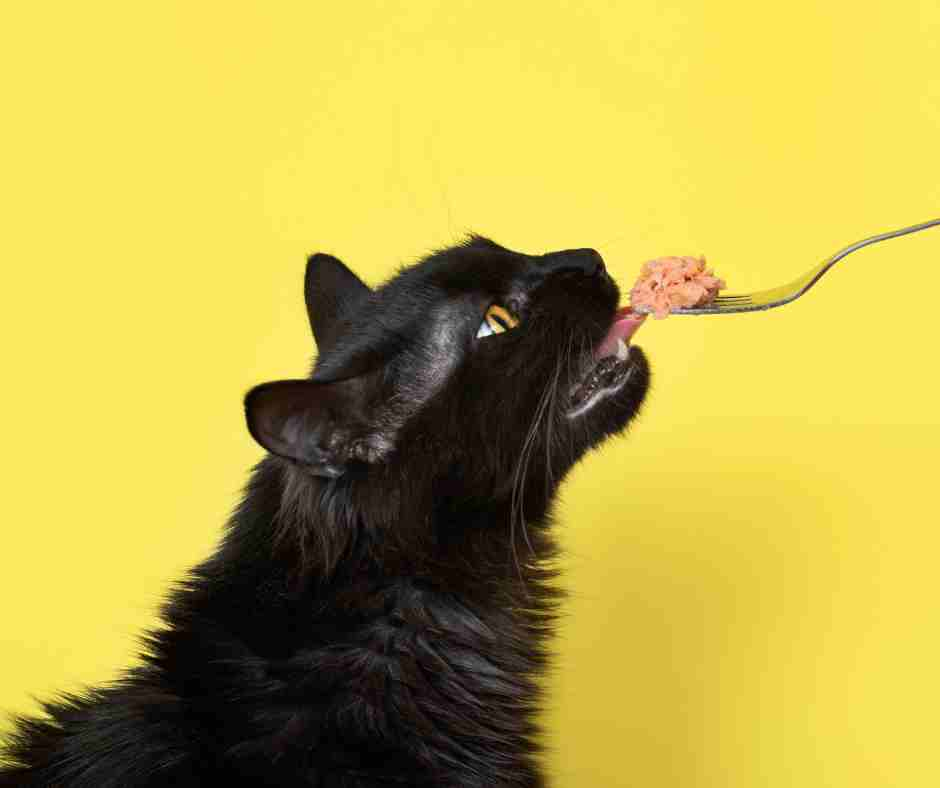
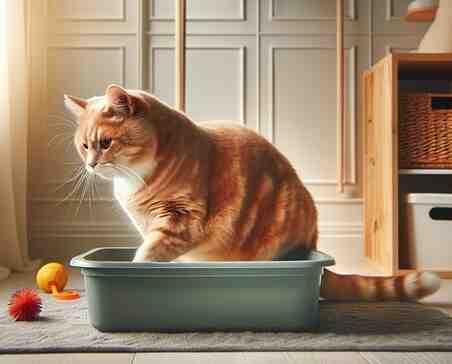
This Post Has 0 Comments